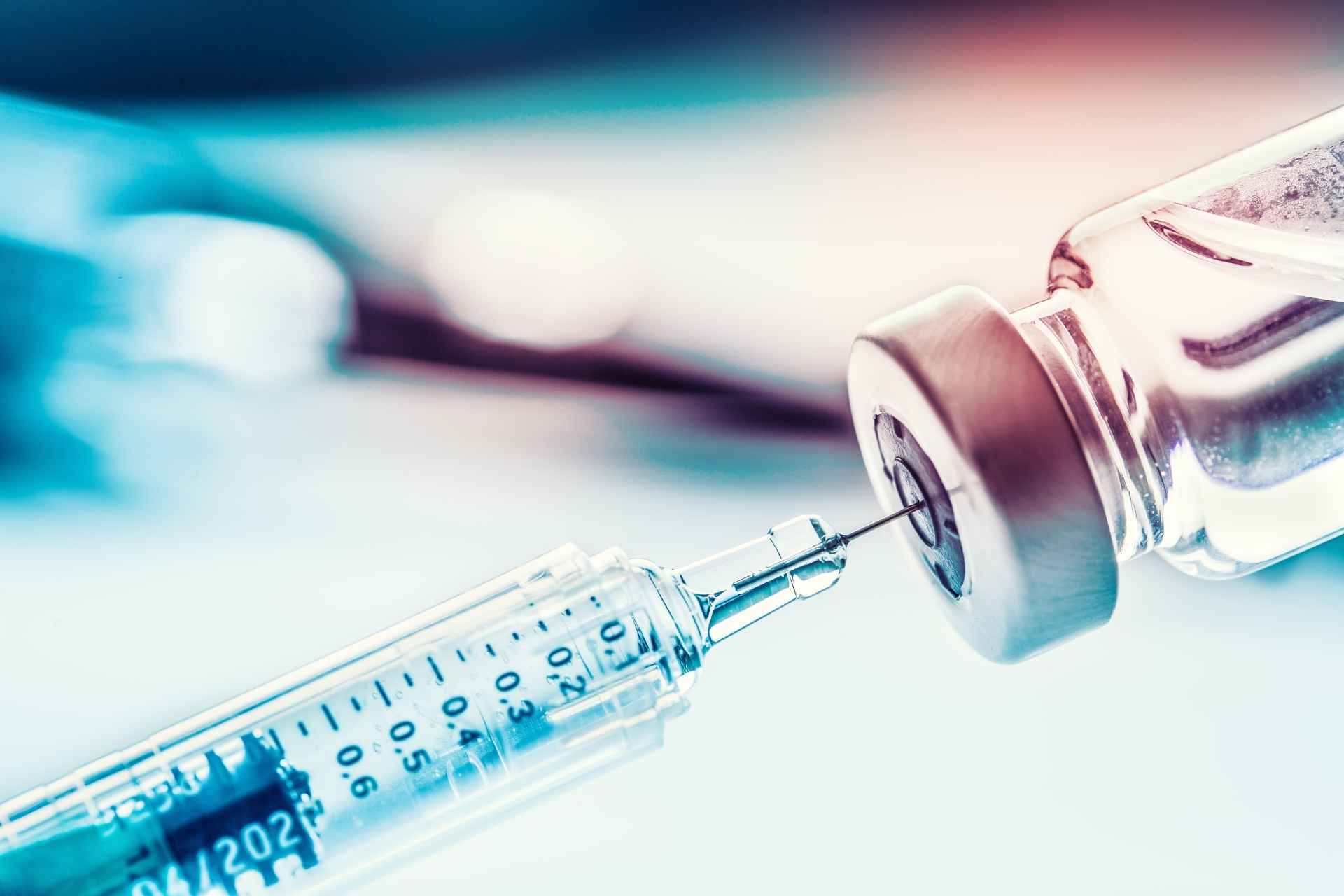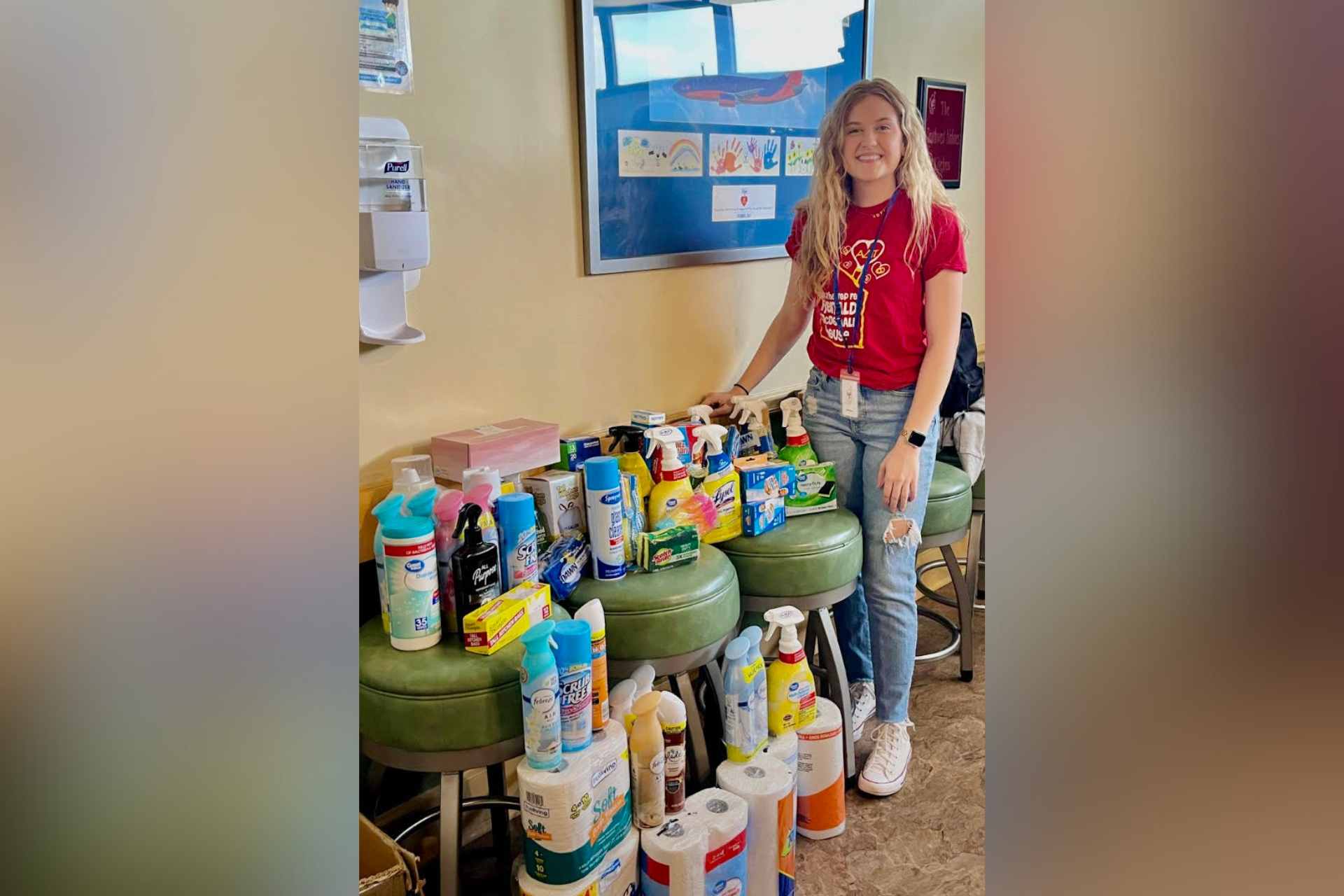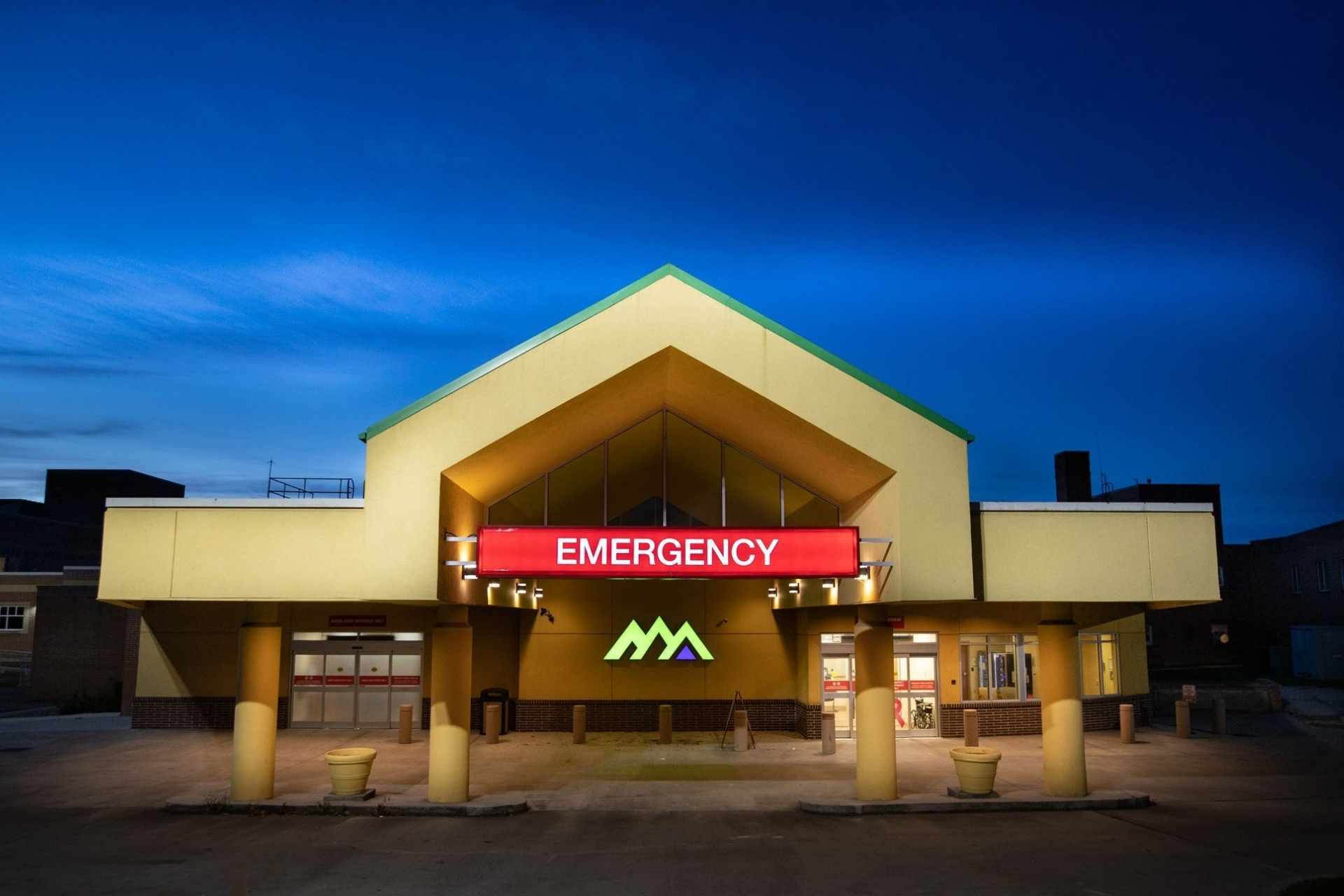CHARLESTON, W.Va. – The West Virginia Department of Health and Human Resources (DHHR), Bureau for Public Health recently issued a health alert to health providers and other partners with recommendations for an additional dose of mRNA COVID-19 vaccines for immunocompromised individuals. These additional doses are not considered booster doses, but are additional doses of the vaccine intended to increase the protection for individuals who are immunocompromised who may need that additional dose to be protected from COVID-19.
Guidance follows the Advisory Committee on Immunization Practices’ interim recommendation to use an additional dose of Pfizer for those 12 and older, or Moderna for those 18 and older, who are severely immunocompromised. This does not apply to those who received the Johnson & Johnson vaccine.
The U.S. Centers for Disease Control and Prevention recommends an additional dose of an mRNA COVID-19 vaccine be administered, at the earliest, four weeks after a person’s second dose and that people should not receive more than a total of three mRNA doses.
Additionally, the additional dose should be the same product as the initial two doses; however, if the mRNA COVID-19 vaccine given for the first two doses is not available, the other mRNA COVID-19 vaccine product may be administered.
The specific list of eligible conditions includes:
- Active treatment for solid tumor and hematologic malignancies
- Receipt of solid-organ transplant and taking immunosuppressive therapy
- Receipt of CAR-T-cell or hematopoietic stem cell transplant (within 2 years of transplantation or taking immunosuppression therapy)
- Moderate to severe primary immunodeficiency (examples including DiGeorge syndrome, Wiskott-Aldrich syndrome)
- Advanced or untreated HIV infection
- Active treatment with high-dose corticosteroids, alkylating agents, antimetabolites, transplant-related immunosuppressive drugs, cancer chemotherapeutic agents classified as severely immunosuppressive, tumor-necrosis blockers, and other biologic agents that are immunosuppressive or immunomodulatory.
“We highly encourage those who are immunocompromised to talk to their healthcare provider or their local health department about their medical conditions to see if an additional dose is right for them,” said Dr. Ayne Amjad, State Health Officer and Commissioner of DHHR’s Bureau for Public Health. “We also continue to encourage all eligible West Virginians to choose to get their COVID-19 vaccine as soon as possible. COVID-19 vaccines are safe and effective and are our best tool to fight this pandemic.”

















